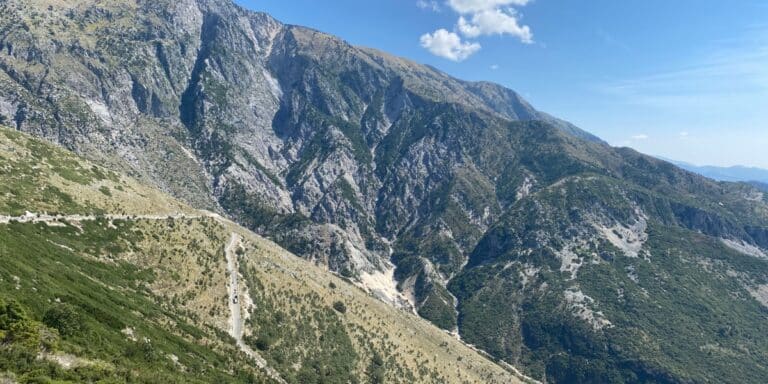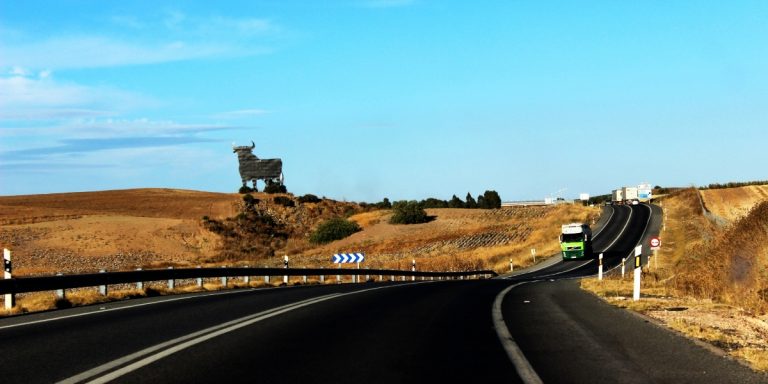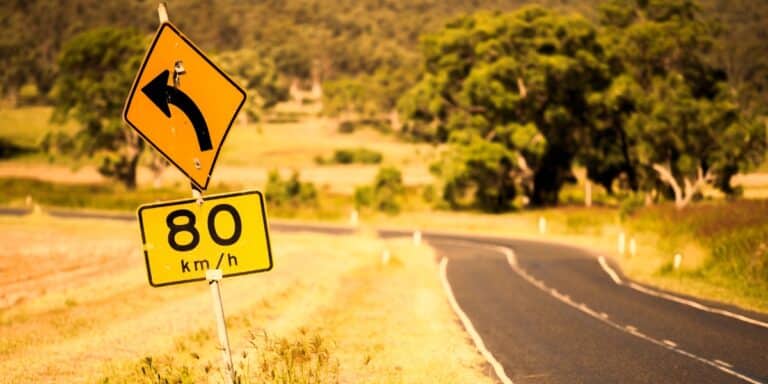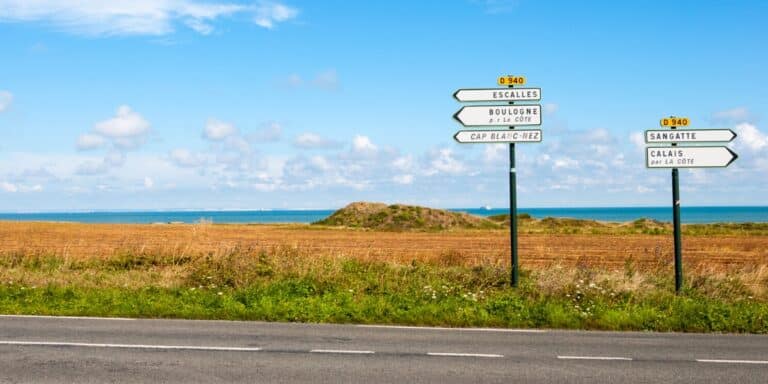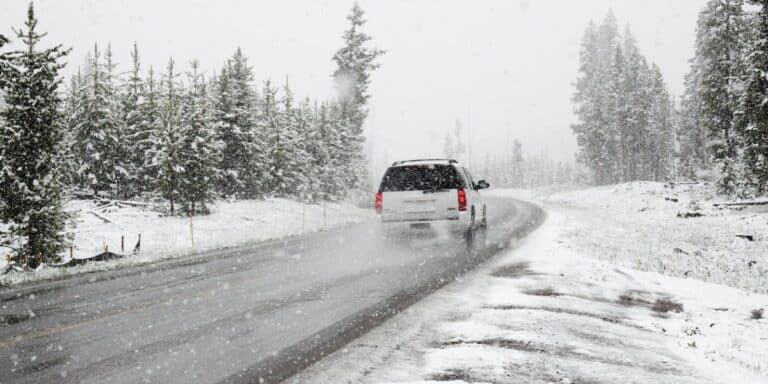This post may contain affiliate links, from which we earn an income. Click here to read our affiliate policy.
Hitting the open road is one of the most liberating ways to travel, offering the flexibility to go where you want, when you want. But while spontaneous detours and scenic routes are part of the adventure, one thing you don’t want to leave to chance is your accommodation.
Whether you’re road-tripping in a campervan, SUV, or a trusty hatchback, smart accommodation planning can mean the difference between a memorable night and a stressful scramble.
Here’s how to make road trip accommodation easy to plan, comfortable, and cost-effective — no matter your budget.

1. Set a Realistic Budget Range
The first step in smart accommodation planning is setting a budget. But instead of a fixed number, think in ranges. For example, you might be willing to spend £20–£30 a night on camping, £50–£80 for a hotel, or splurge £100+ on a boutique stay once a week.
Consider your trip length, the cost of living in the regions you’ll visit, and your personal comfort expectations. This flexible approach helps you accommodate occasional upgrades (or downshifts) as needed without blowing your overall budget.
2. Mix It Up: Accommodation Types for Every Budget
Free Camping & Wild Camping (Budget £0–£10/night)
If you’re travelling in a campervan or with camping gear, free camping is the ultimate budget option. Many countries allow wild camping in designated areas or with landowner permission.
Campsites & Holiday Parks (Budget £10–£35/night)
Perfect for budget-conscious travellers who want amenities like showers, electricity, and laundry. Booking in advance is smart during peak seasons. Sites vary from barebones to luxury “glamping” setups. You can find offers like this on cozycozy, a comprehensive search engine that not only allows you to browse hotels and holiday rentals in one place, but holiday parks in Southend-on-Sea or any other destination you can think of.
Budget Motels & Hostels (Budget £25–£60/night)
When you need four walls and a hot shower, roadside motels and hostels are a great option. Many hostels also offer private rooms with ensuite bathrooms for a fraction of hotel prices.
Mid-Range Hotels & B&Bs (Budget £60–£100/night)
For those willing to spend a bit more for comfort, mid-range hotels offer privacy and predictable amenities. Look for hotels with breakfast included to stretch your money further.
Boutique Stays & Airbnb (Budget £80–£150/night)
Planning a special night or just want to treat yourself? Look for highly rated holiday rentals or boutique hotels in interesting locations. Booking ahead can save you money and secure the best options.
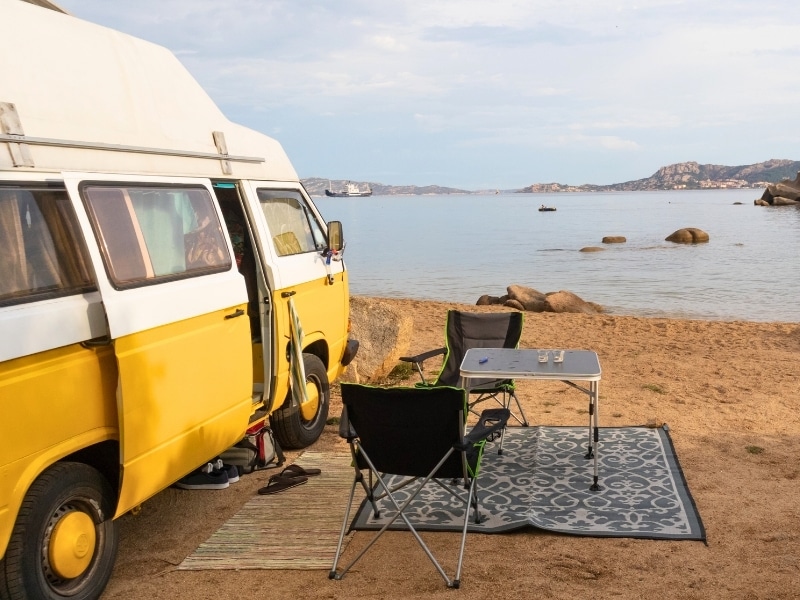
3. Use Cozycozy to Find the Best Stay, Fast
When it comes to road trip accommodation, comparing all your options quickly can save both time and money, and that’s where cozycozy shines. Cozycozy is a one-stop accommodation search engine that compares every type of lodging in one place, including hotels, holiday rentals, hostels, campsites, apartments, and even unconventional stays like yurts or cabins.
Instead of switching between multiple platforms like Booking, Airbnb, or Hostelworld, cozycozy aggregates listings from all major (and many niche) providers. You can filter by price, amenities, accommodation type, and location – ideal for road trippers who might be looking for a last-minute stop on a scenic route.
Cozycozy also shows you the total cost upfront, including fees, so there are no surprises when it comes time to pay. It’s especially useful for comparing lodging in more remote or rural areas that might not appear on big booking platforms individually.
Pro tip: Use cozycozy’s map view to see accommodations along your route and plan where to stop based on availability and price.
4. Book Ahead – But Not Too Far
It’s tempting to book every night in advance, especially on longer trips, but part of the beauty of a road trip is spontaneity. Aim to book 1–3 days ahead unless you’re travelling during peak season, in remote areas with limited lodging, or attending a popular event.
A hybrid approach works best: pre-book your first few nights and key stops, then stay flexible for the rest.
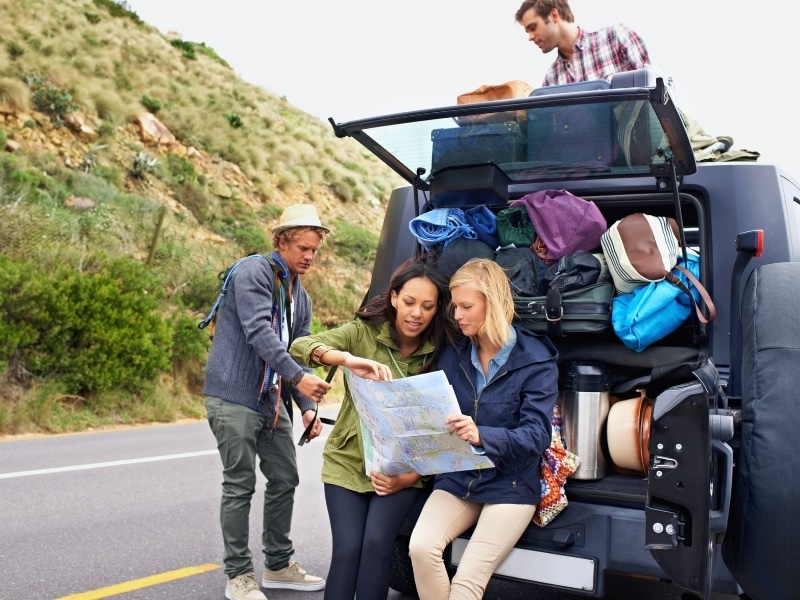
5. Travel in the Shoulder or Off-Season
Travelling outside of the high season (summer holidays, Christmas, etc.) not only saves money but opens up more accommodation choices. You’ll find fewer crowds, lower prices, and better availability. Plus, many hosts offer discounts for longer stays in the off-season.
6. Pack Smart to Save on Accommodation Costs
What you pack can directly affect your accommodation budget:
If you’re van-lifing, consider upgrading your setup with blackout curtains, roof vents, and a comfy mattress topper – small touches that improve your sleep without needing a formal campground.
7. Trust Reviews – But Read Between the Lines
User reviews can help you find great accommodations or steer clear of nightmares. Pay attention to trends: if multiple reviews mention noise, cleanliness issues, or poor Wi-Fi, take note. Conversely, if lots of guests praise the host’s hospitality or the amazing views, that’s a green flag.
Smart accommodation planning doesn’t mean sacrificing spontaneity. It means understanding your options, using the right tools, and making informed choices that suit your travel style and budget. Whether you’re camping under the stars, staying in charming B&Bs, or just need a warm bed for the night, there’s always a comfortable, affordable place to rest your head on the road.
So plan smart, stay flexible, and make the most of every stop on your next great road trip adventure.

